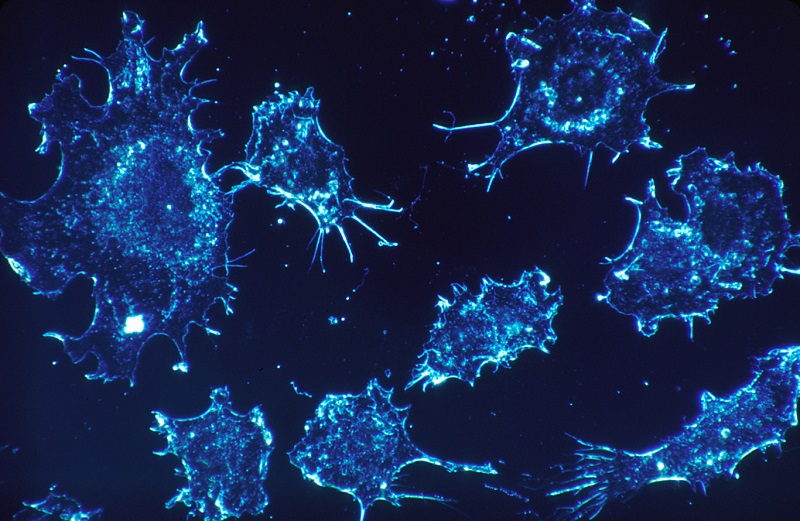According to published Nature, a group of German scientists has just taken a first and very positive step to develop what could be the first ‘universal cancer vaccine’. The results of the first human trials have just been published and, along with all previous research in mice suggests that this new technique could be used to activate the immune system of patients against all cancers, no matter it or where it is or what type it is.
The idea of using the immune system of patients own to fight cancer is not new and, in fact, these therapies are having much success with certain types of cancer. But until now, the need to use genetic engineering techniques made them long and costly. This new technique, if confirmed, would be a giant step in the fight against cancer.

A cancer vaccine?
Yes and no. While we are talking about this new technique as ‘vaccine’ because it uses the own immune system to fight the disease, it is not exactly the same type of vaccine to which we are accustomed. Unlike regular vaccines, this technique is aimed at patients who already have cancer and not to those who do not yet have .The immune system is our main asset against any kind of disease, but in the case of cancer tumor cells are so similar to healthy cells that the system is unable to properly differentiate.
Therefore, the basic idea is to ‘bombard’ the patient’s immune system with tiny ‘darts’ RNA containing specific cancer cells (i.e., rare tumor antigens in normal cells). Thus, it attempts to ‘set’ the system to properly identify and attack cancer cells. Although not easy, because the immune system resists attack the body’s own cells and, in fact, researchers have ‘proven’ that the immune response is only powerful when used antigen is very rare; preliminary studies indicate that has been achieved.
A new way to fight cancer
The key to the new technique is precisely the ‘universality’. In theory, modifying RNA darts, the technique could be used to attack any type of cancer. “As in the case of vaccines, their manufacture is rapid and inexpensive, and virtually any tumor antigen can be used to develop” explained Ugur Sahin professor at the Johannes Gutenberg University in Germany and team manager.
You may also like to read another article on BlogsMujer: Amino acids or proteins, a difficult decision
“This immunotherapeutic approach based on RNA nanoparticles could become a whole new class of cancer vaccines,” they say in Nature. And it may be. Although, logically, we must be extremely cautious. Not only that animal models do not always work well, but also because this new technique has been tested only in three patients and we will need many more clinical trials to evaluate its effectiveness (and actual clinical possibilities). But beyond this, our advances in the understanding of cancer are already excellent news.


